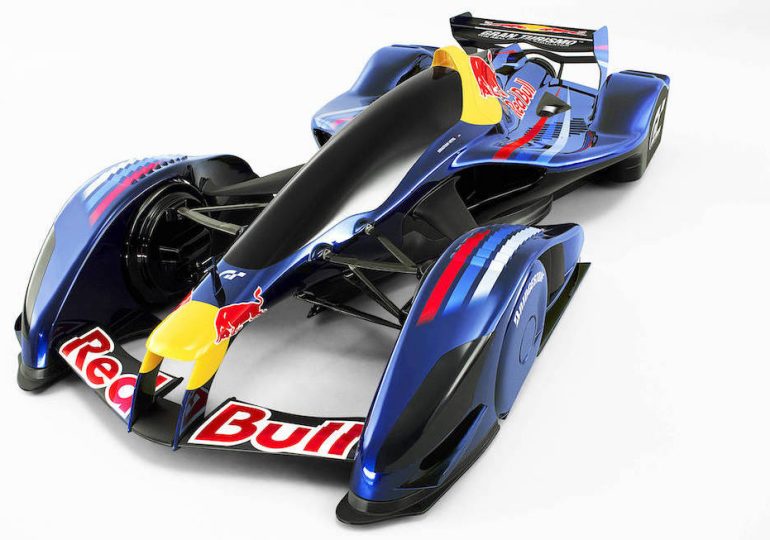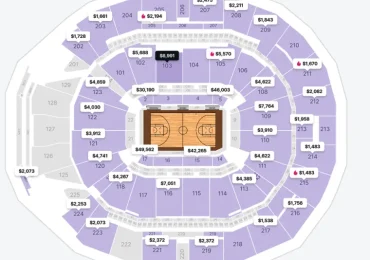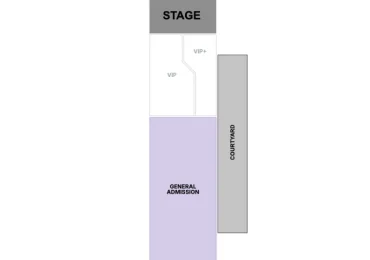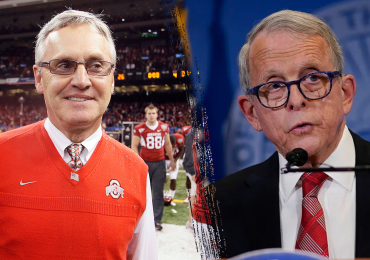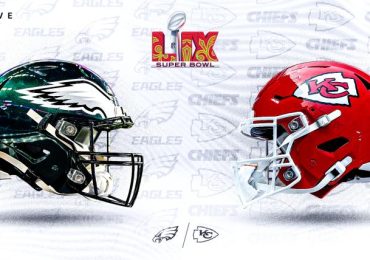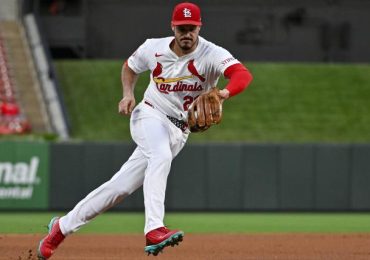Penske Entertainment revealed the first rendering of its proposed 2027 IndyCar during a private teleconference with its team owners in October.
The meeting between IndyCar’s parent company and its entrants covered a range of topics, highlighted by the sharing of Penske’s suggested replacement for the current Dallara DW12. The series was specifically looking to elicit feedback as work on the design continues, and the illustrations led to some strong reactions after the gathering.
One team owner sent an email to most (but not all) of the other owners urging for a complete do-over of the 2027 concept. In the group email, the owner said they attached a photo of the Red Bull X1 open-wheel concept penned by Adrian Newey as an example of the forward-looking design they want to see emerge from the new car development process.
Asked to share the rendering, Penske Entertainment declined the request, but did say it could elect to do so at a later date.
Owners who’ve spoken with RACER describe the 2027 concept as a lightly modified version of today’s car, with a large, bellowing Formula 2-style wing array affixed to the rear. In various ways, those who offered opinions called for starting over with a bolder and more creative take on the looks of the next chassis, citing Newey’s X1 as an example for IndyCar to follow.
The 2027 car, like the DW12, will be created by Dallara as a spec vehicle, which means the tub that carries the driver, along with its bodywork and wings, and every aspect of its outward appearance will be a fixed design that cannot be modified.
Penske Entertainment is considering an approach to its next-generation IndyCar where it would carry over as many of the DW12’s mechanical components as possible to reduce costs — from suspension, to ancillaries beneath the sidepods, to some drivetrain items.
This would paint the next car into a bearing a similar likeness to the current car due to the attachment points for those items needing to be the same. It could also account for the rendering being portrayed as having visual cues that are very familiar to the DW12.
Conversely, more visually creative opportunities would exist if a decision is taken to distance the future car from the DW12, which would result in fewer carryover parts being incorporated that need to connect to the same locations as they do today.
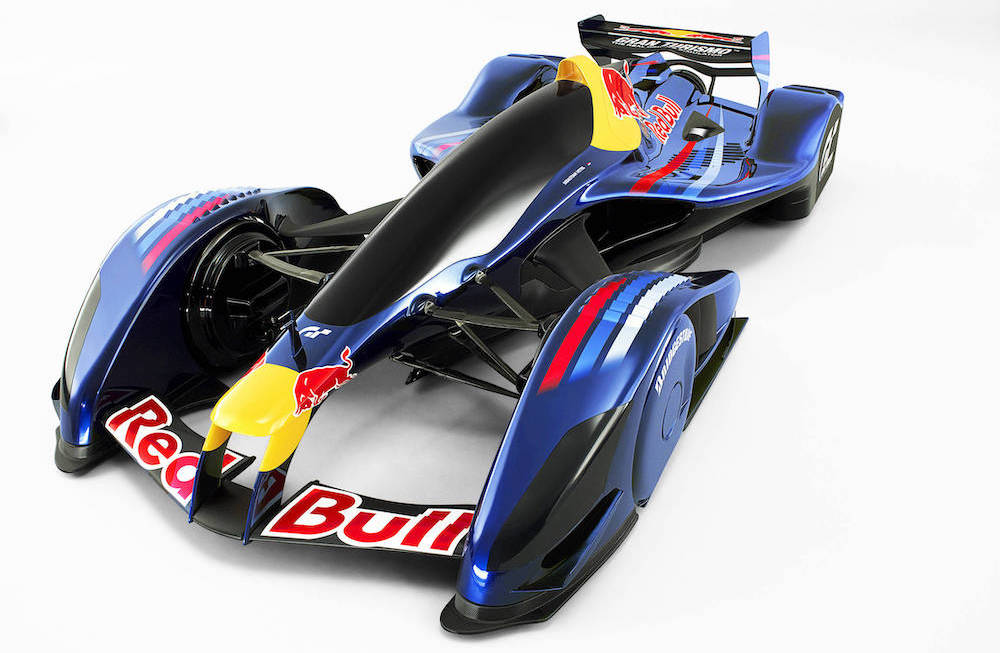 Several team owners pointed to Adrian Newey’s X1 concept as an example of the innovative direction they’d like to see IndyCar take with its next car. Image via Red Bull Content Pool
Several team owners pointed to Adrian Newey’s X1 concept as an example of the innovative direction they’d like to see IndyCar take with its next car. Image via Red Bull Content Pool
“The number one priority isn’t to see how inexpensively we can do it, but cost is going to be a consideration as things get developed more narrowly,” Penske Entertainment CEO Mark Miles told RACER.
“Dallara is on point to develop the chassis with lots of other supplier partners, and it is very much work in progress. So from my perspective, we were not looking for a referendum the first time we put renderings of the car forward. We wanted feedback. And it continues to be. It is changing. It will change.”
The DW12 chassis debuted in 2012 and has undergone four significant alterations during its 13 years in action. Starting with the introduction of manufacturer aero kits from 2015-2017, the next major update came with a return to spec bodywork in 2018 using the new and shapely Universal Aero Kit ’18 which remains in place today. Afterwards, it was the introduction of IndyCar’s custom aeroscreen in 2020, which is on its second iteration, and most recently, it was the under-the-bodywork shift to a hybrid powertrain in 2024.
By the time it’s retired, the chassis named for its late development driver, Dan Wheldon, will have spent at least 15 seasons in service, which suggests the next design could be seen for an extended period of time.
“Let’s make a car that people talk about outside of IndyCar,” said Meyer Shank Racing co-owner Michael Shank. “Let’s up the game. Let’s turn up it a notch with something that really brings people back to IndyCar. Design-wise, let’s get it out there, visually, because we’re all in the same car. Let’s make a car that’s appealing.
“My heart that loves IndyCar racing wants a clean sheet (design), right? Because ultimately, that’s what we really need. We need every tool we can to draw new people in, and I think a new car, a really wild concept, is important in how we get there. Think about what Adrian Newey came up with a couple years ago with that X1 car. Maybe it’s not exactly that, but that’s where we should be thinking.”
Dale Coyne Racing owner Dale Coyne shares in Shank’s assessment.
“It’s not futuristic,” said Coyne. “It looks the same. It’s like the current car. You updated it by a couple of three years. It doesn’t look like a modern car.
“I think we can take a bigger step. There should have been two steps beyond . Let’s make something that has a ‘wow factor’ that gamers would look at and say, ‘Yeah, that’s really cool.’”
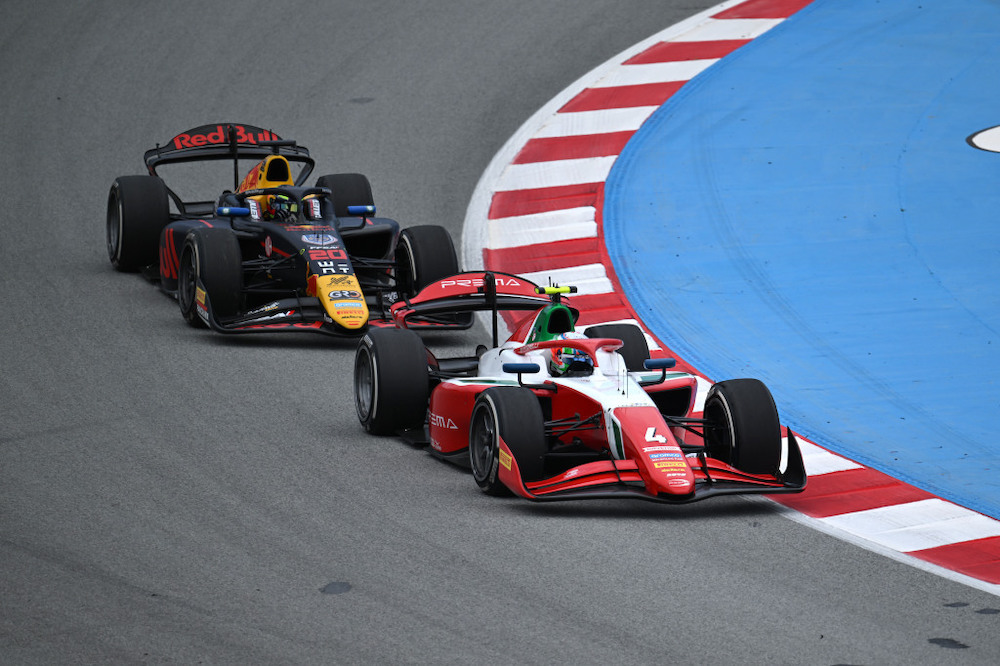 The rendering shared with the teams was said to feature a rear wing similar to that on the current F2 car. Sam Bagnall/Motorsport Images
The rendering shared with the teams was said to feature a rear wing similar to that on the current F2 car. Sam Bagnall/Motorsport Images
Rahal Letterman Lanigan co-owner Bobby Rahal wasn’t as passionately opposed to the 2027 rendering, but did reference his old friend and former CART IndyCar race engineer Newey and reiterated there’s time for other concepts to be evaluated before the design is finalized.
“I didn’t get the sense what we were presented with was a done deal,” Rahal said. “I got the sense that it was a ‘Here’s where we’re thinking of going, these are the areas we’re thinking of pursuing, let us know what you’re thinking.’
“Adrian Newey did a concept that was pretty amazing, right? And especially now that we have the aeroscreen, I’m quite sure that car incorporated a cockpit with a windscreen. Last year Adrian and I were having dinner and he said, ‘The thing everybody forgets is nobody really cares what radiator size you have, or if you have strakes on the car or not. They care about the overall look of the car. That’s what excites them.’ And I did tell that to IndyCar.
“So how do you produce a car that is simple and yet just so compelling isn’t going to be easy, but that’s the challenge.”
Chip Ganassi Racing owner Chip Ganassi, who believes Penske Entertainment will go with a large volume of carryover parts which would keep the 2027 design from being vastly different from the DW12, offered no opinion on the looks of the car, but did have staunch feelings on where its visuals rank as a priority in the design process and wanted to underline Rahal’s opening comment.
“Look, nothing is written in stone here, nothing is locked in,” Ganassi said. “You have to make the car, engineering-wise, do what you need it to do first when it comes to safety, maintenance, race on road courses, ovals, all the above. And then you say, ‘Okay, now let’s work on what it looks like.’ You don’t say, ‘Work on what it looks like first, and then make it do all the things you need it to do.’
“You need to build a car with function over form. Form follows function. When these guys start saying, ‘It needs to look this way and look that way’, you’re putting form before function, and that’s where we disagree.”
Turning the conversation to the future, McLaren CEO Zak Brown mentioned McLaren’s assistance in helping F1 with the technical and styling process for its next set of regulations. If Penske Entertainment needs new concepts for the 2027 car, Brown is willing to deploy McLaren’s creative team on the matter.
“What I can tell you is we and other teams have worked very closely with the FIA on the next Formula 1 car in a very collaborative way,” Brown said. “We have contributed our engineers and simulation and design staff to help. They’ve achieved great things together, and we would welcome doing the same in IndyCar.”

